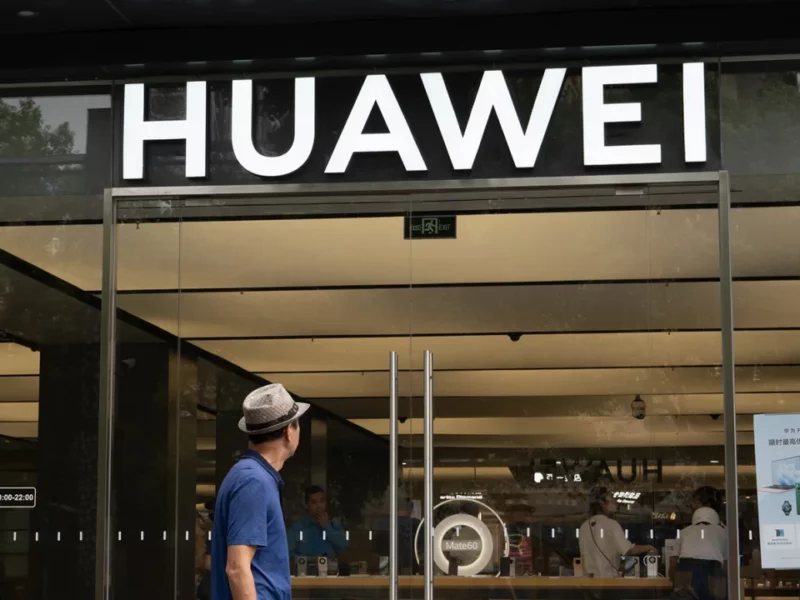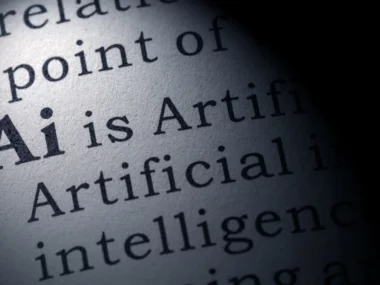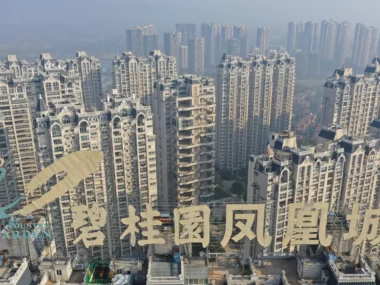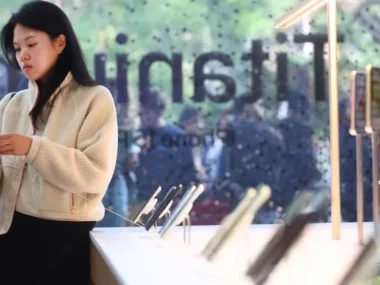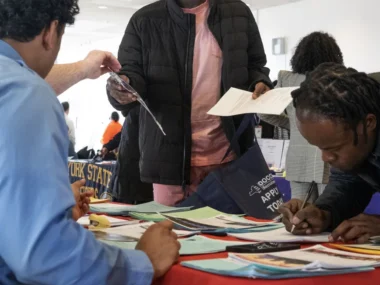Taiwan is currently investigating whether four of its companies breached either US sanctions or its own investment regulations by offering services to Chinese enterprises reportedly aiding Huawei in constructing semiconductor factories.
Emile Chang, an official from the Ministry of Economic Affairs overseeing investment evaluations, informed CNN that an “administrative inquiry” was launched this week into the four Taiwanese firms mentioned in a media report.
The investigation’s primary focus will be to determine if the business activities of these companies in China align with the approvals they received from the ministry. Should any violations be identified, each company could face a maximum fine of 25 million New Taiwan dollars ($777,000).
Additionally, the ministry will explore whether these companies – Topco Scientific, United Integrated Services, L&K Engineering Co, and Cica-Huntek Chemical Technology – violated any US sanctions, according to Chang.
All four companies have vehemently denied any wrongdoing. They have issued separate statements affirming their involvement solely in approved tasks such as wastewater management, interior decoration, or construction, emphasizing that they did not supply semiconductor materials or equipment.
In recent years, Huawei has emerged as a symbol of the technological rivalry between the United States and China. Concerns about the possibility of Huawei engaging in espionage on behalf of the Chinese government have led Washington and its allies in Europe and Asia to take measures aimed at restricting the company’s access to advanced chips and chipmaking technology.
Huawei has consistently denied these allegations and has not responded to a request for comment from CNN.
Once ranked as the world’s second-largest smartphone manufacturer, Huawei has been striving to make a comeback following the imposition of US export restrictions in 2019.
Numerous Taiwanese companies, including the prominent chipmaker TSMC and Apple supplier Foxconn, operate in China and are deeply integrated into its supply chains. However, the Taiwanese government closely monitors the activities of its companies in China and does not permit the production of its most advanced technology there.
On Wednesday, a lawmaker in Taiwan queried Taiwan’s Minister of Economic Affairs, Wang Mei-hua, regarding a Bloomberg report that had suggested the four companies had purportedly provided services to support Huawei in constructing infrastructure for a network of semiconductor manufacturing facilities in China.
In response, Wang explained that the four companies had seemingly supplied Huawei with “wastewater and environmental protection equipment” for its factories. She emphasized that this type of equipment was distinct from the critical technologies that the Taiwan government had identified as potentially affecting national security.
For a considerable time, Taiwanese companies have been navigating a delicate balance between capitalizing on China’s commercial opportunities and avoiding potential breaches of export controls, especially given the increasing military pressure from Beijing on the island.
The state of cross-strait relations is a significant issue in Taiwan’s upcoming presidential election, scheduled for January. While China remains Taiwan’s largest trading partner, the ruling Communist Party of China maintains its claim over Taiwan, despite never having governed it. China has consistently declared its intent to “reunify” Taiwan with the Chinese mainland, even if it requires the use of force.

